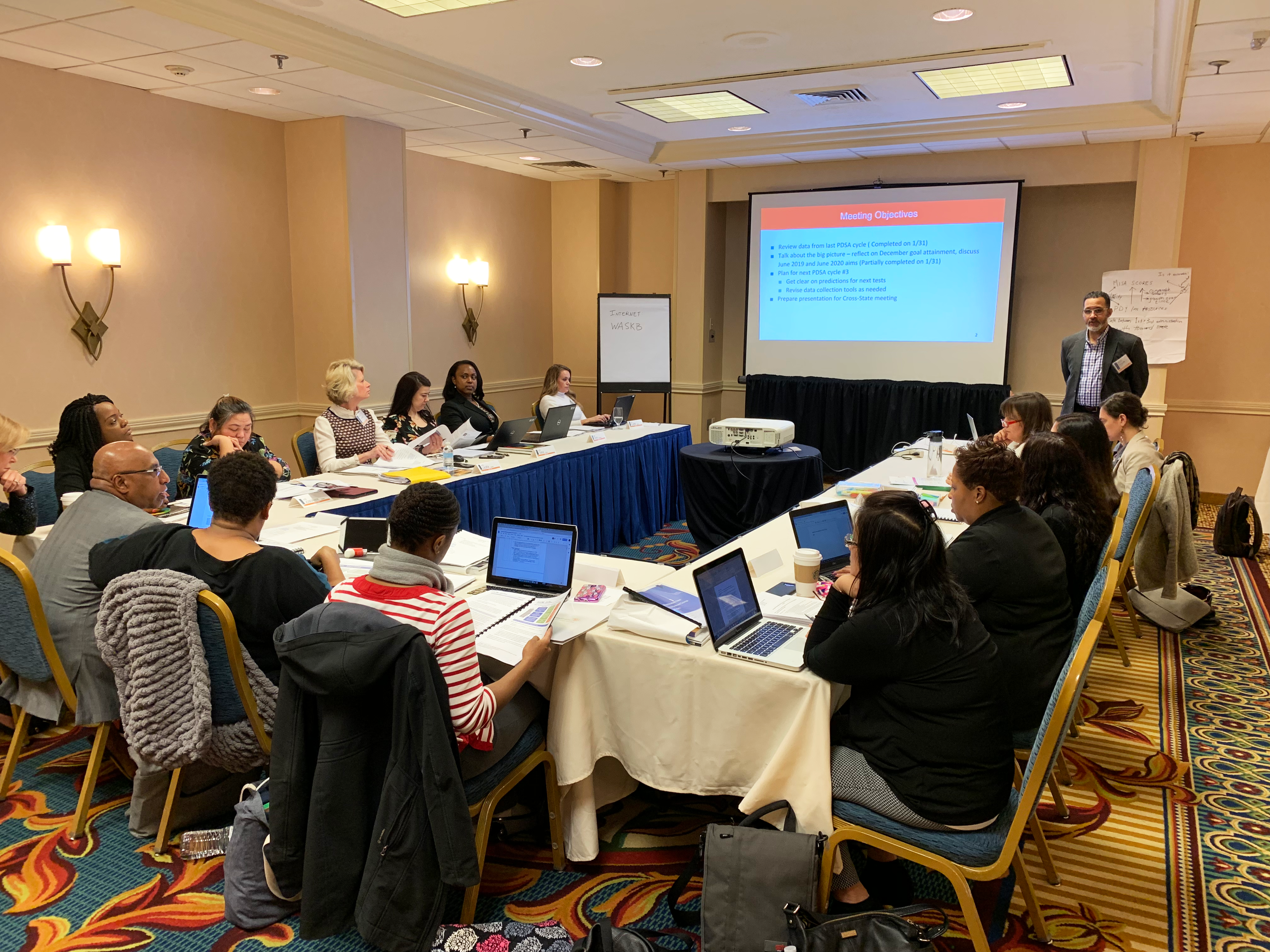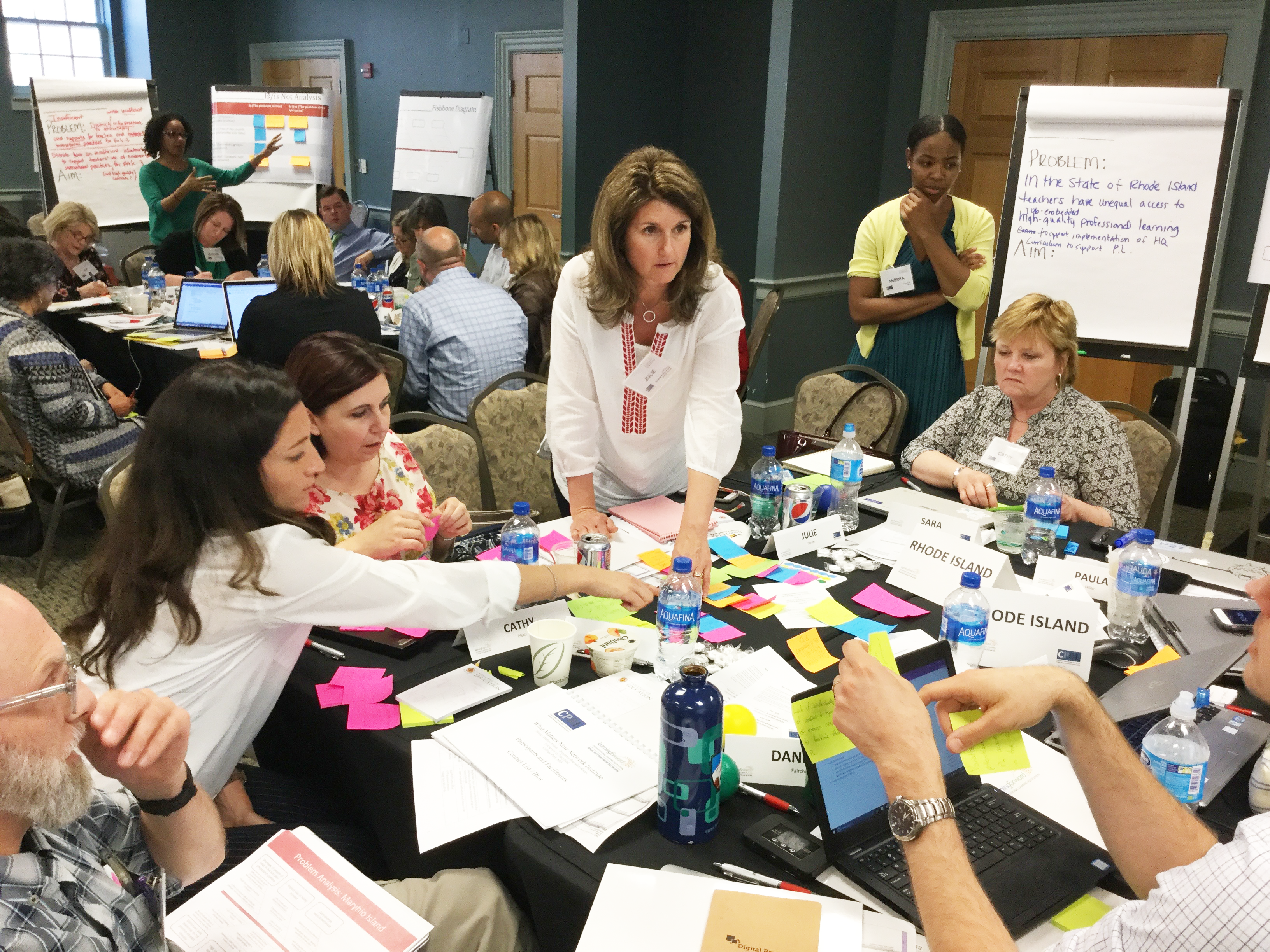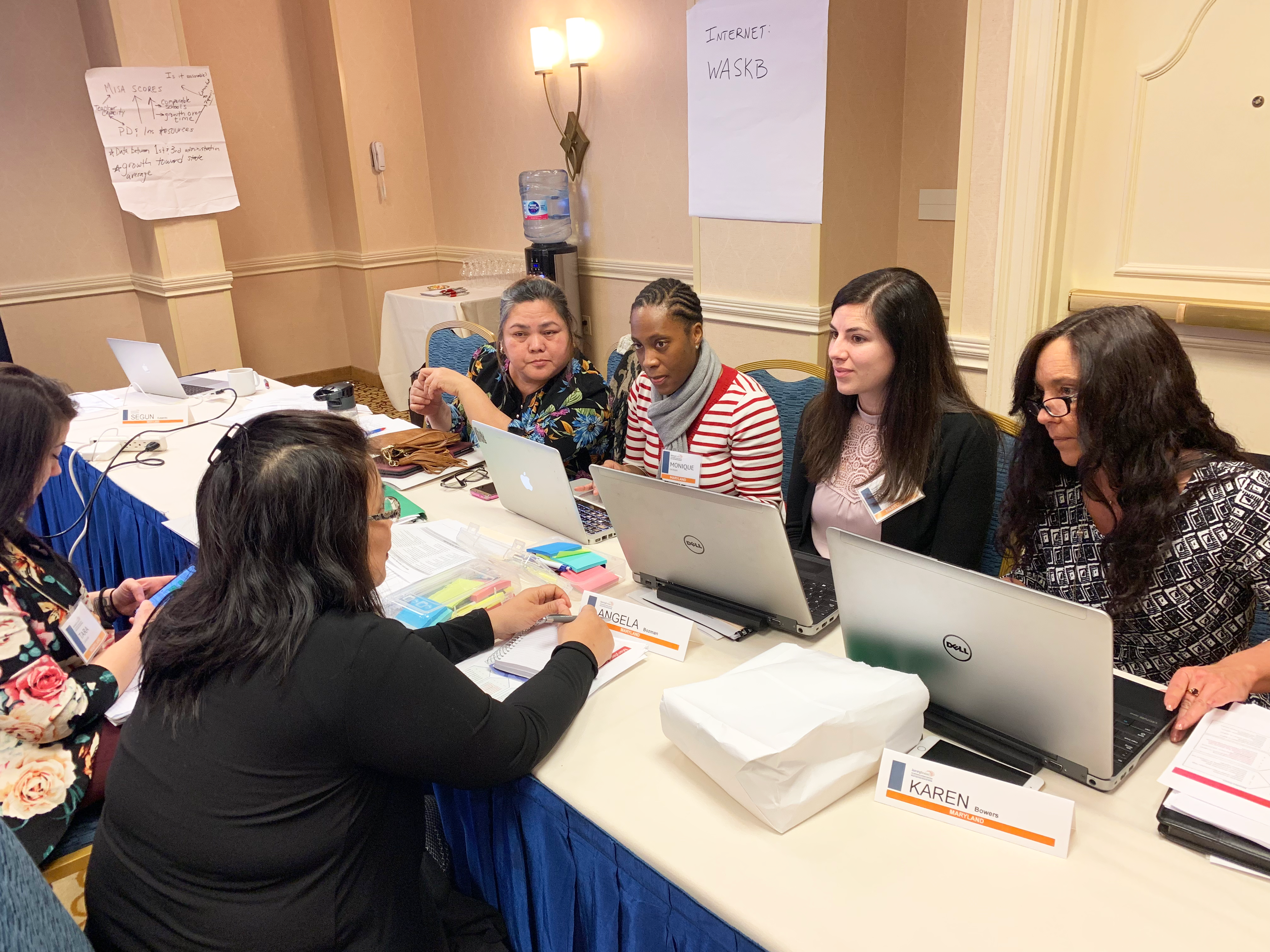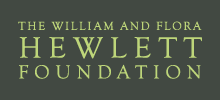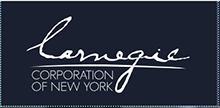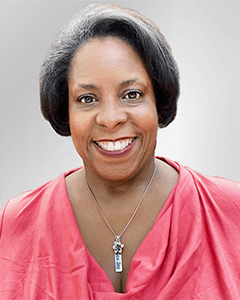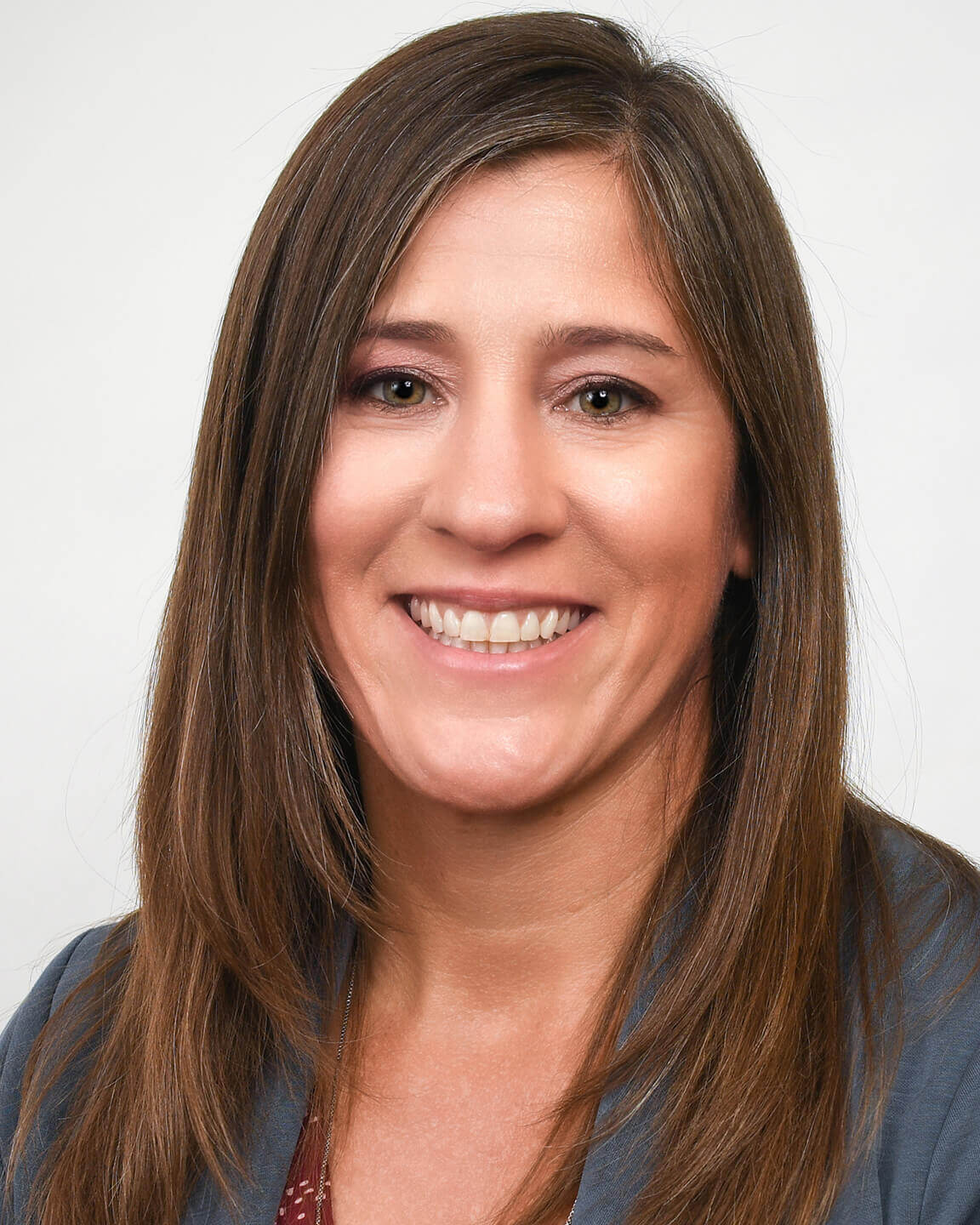What Matters Now Network
Evaluation Report
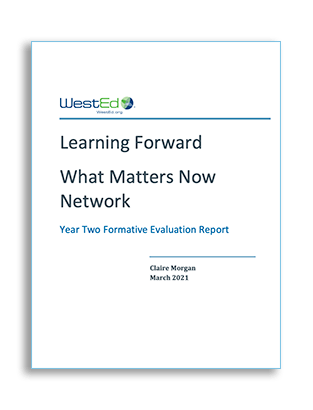 An independent evaluation of the What Matters Now Network by West Ed (2021) found that the network’s design and facilitation, together with its focused, data-informed improvement cycles, increased teacher and student learning. The interview, focus group, survey, observation, and artifact-review data examined suggest that existing professional learning communities (PLCs) became much more focused and productive, teacher capacity to effectively use student data increased, and classroom practice and student outcomes improved as a result of strengthened collaborative planning and more effective targeting of interventions. Although student achievement data could not be collected within the scope of this work, teacher practice was shown to be more intentional, purposeful, and responsive to student data.
An independent evaluation of the What Matters Now Network by West Ed (2021) found that the network’s design and facilitation, together with its focused, data-informed improvement cycles, increased teacher and student learning. The interview, focus group, survey, observation, and artifact-review data examined suggest that existing professional learning communities (PLCs) became much more focused and productive, teacher capacity to effectively use student data increased, and classroom practice and student outcomes improved as a result of strengthened collaborative planning and more effective targeting of interventions. Although student achievement data could not be collected within the scope of this work, teacher practice was shown to be more intentional, purposeful, and responsive to student data.
The What Matters Now Network launched with three states. Maryland, Rhode Island, and Ohio have formed coalitions with strong stakeholder representation including state department of education representatives, district leaders, school leaders, and teachers. Each coalition is facilitated by a collaborative partner – an experienced and respected entity in the state with knowledge of history and context. The three coalitions are united by a shared problem of practice: How can all teachers in participating states access coherent and relevant job-embedded professional learning that enables them to select and effectively implement high-quality curricula and instructional materials? Each coalition has narrowed this shared problem of practice according to a content-specific need.
Maryland
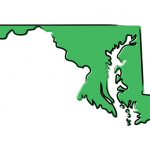
In Maryland, the state is focused on teachers in Network schools receiving professional learning aligned to high quality curricula and instructional materials to equip students to meet or exceed state average results on the NGSS-aligned science assessment by May 2021. Learn more.
Ohio
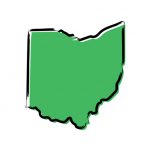
In Ohio, the state is focused on district use of collaborative learning teams to strengthen teacher capacity to improve literacy outcomes for all PreK-grade 3 children. Learn more.
Rhode Island

In Rhode Island, the focus is on utilizing a common student work protocol to identifying the most relevant and effective designs for job-embedded professional learning.
Learn more.
Additional Resources
Why focus on the intersection of professional learning and instructional materials?
When all students experience high-quality teaching, they are more likely to learn. When all classrooms are filled with high-quality instructional materials, students are more likely to learn. Establishing these conditions for all learners will help close achievement gaps. Explore High-Quality Curricula and Team-Based Professional Learning: A Perfect Partnership for Equity for rationale, lessons from practitioners, and action steps.
More Background
Read Network uses improvement science to scale up change, from The Learning Professional, February 2019.

